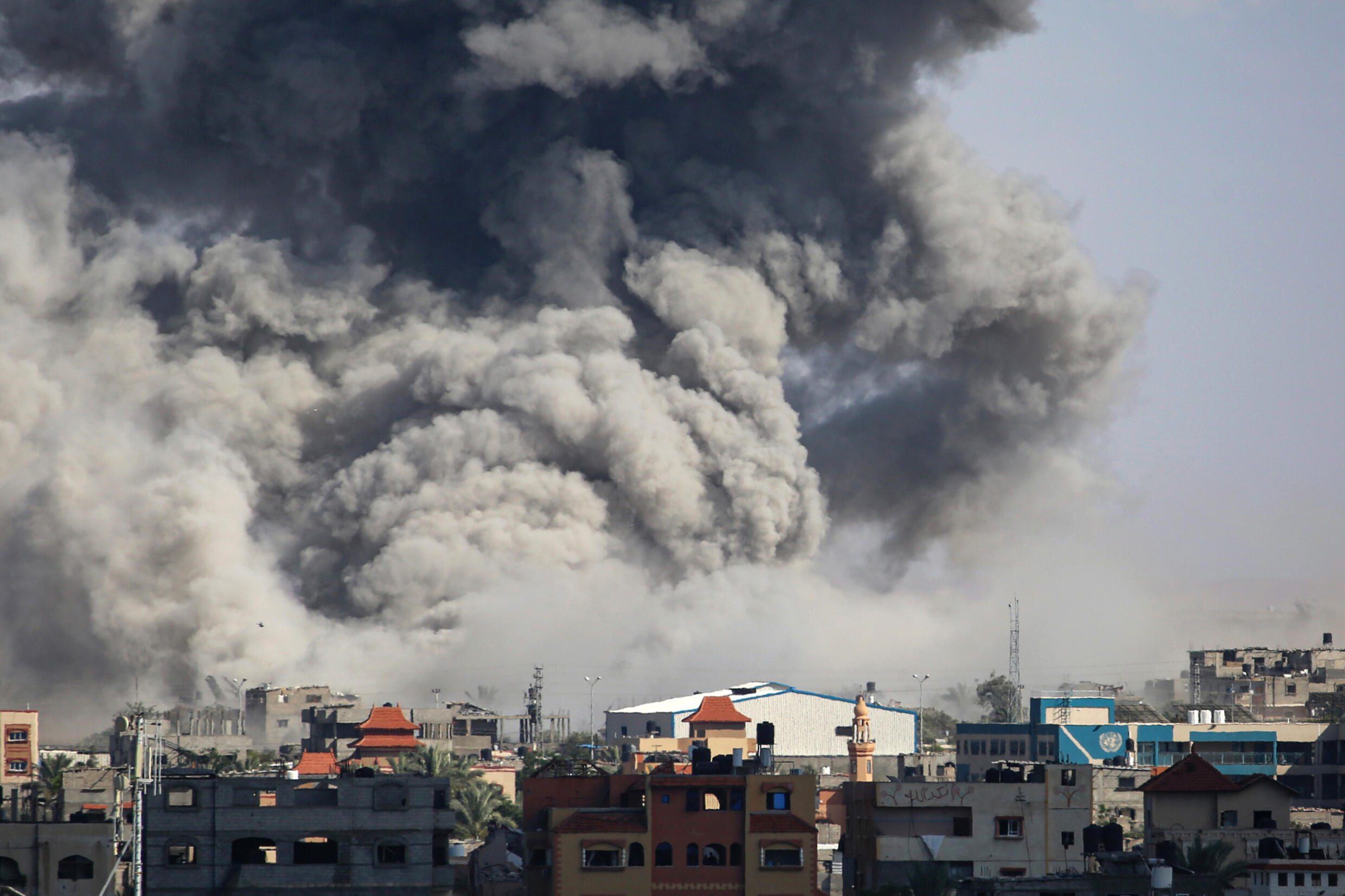In a pivotal development amidst escalating tensions in Gaza, Hamas announced its acceptance of a proposed truce on Monday. The decision came following Israel’s call for Palestinians to evacuate the city of Rafah in anticipation of a potential invasion, sparking a wave of relief and celebration among Gazans.
The announcement, met with jubilation on the streets of Gaza, marked a significant turning point in the seven-month-old conflict. Crowds cheered, chants of “Allahu Akbar” resonated, and celebratory gunfire filled the air as Hamas conveyed its approval of the ceasefire agreement through its leader, Ismail Haniyeh, to mediators from Qatar and Egypt.
While Hamas’s acceptance offered a glimmer of hope for de-escalation, the response from Israel remained uncertain. Despite international concerns and condemnation from the United Nations, Israeli Prime Minister Benjamin Netanyahu reiterated his commitment to sending ground troops into Rafah, underscoring the gravity of the situation.
The deadlock in negotiations between Israel and Hamas, exacerbated by a recent rocket attack claimed by Hamas’s armed wing, had intensified fears of a humanitarian catastrophe. With over a million Gazans at risk, the Egyptian foreign ministry issued a stark warning of grave humanitarian risks and urged Israel to exercise restraint.
As pressure mounted, U.S. President Joe Biden engaged in diplomatic efforts to facilitate ceasefire talks, reiterating his opposition to an invasion of Rafah during discussions with Netanyahu. The White House emphasized the need for humanitarian assistance and ongoing efforts to secure the release of Israeli prisoners held by Hamas.
Meanwhile, the evacuation order issued by Israel drew condemnation from UN Secretary-General António Guterres and UN human rights chief Volker Türk, who denounced it as inhumane and contrary to international humanitarian law. Amid airstrikes targeting areas of Rafah, including those designated for evacuation, thousands of Gazans sought refuge while grappling with uncertainty about their future.
The unfolding crisis highlighted the urgent need for a diplomatic resolution to the long-standing conflict in Gaza. As Hamas’s acceptance of the truce offered a glimmer of hope, the ball now rests in Israel’s court to determine the path forward amidst mounting international pressure and humanitarian concerns.
